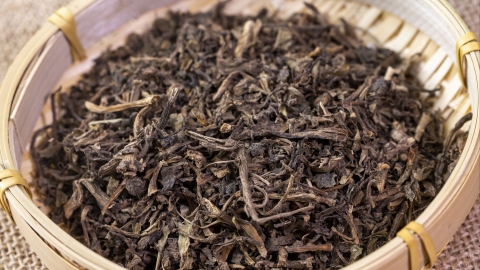Which people should not eat Portulaca oleracea (purslane)?
Portulaca is usually referred to as Portulaca oleracea. Generally, people allergic to Portulaca oleracea, those with spleen and stomach deficiency-cold, individuals suffering from diarrhea, pregnant women, and patients with kidney disease are advised not to consume Portulaca oleracea. Detailed explanations are as follows:
1. People allergic to Portulaca oleracea: After consuming Portulaca oleracea, the immune system of these individuals may mistakenly identify plant proteins and other components in Portulaca oleracea, triggering an allergic reaction. Common symptoms include skin rashes, itching, hives, and some individuals may experience numbness in the mouth and throat swelling. Severe cases may lead to difficulty breathing, posing a threat to health.
2. Individuals with spleen and stomach deficiency-cold: Portulaca oleracea has a cold nature and possesses functions of clearing heat and removing dampness. Those with spleen and stomach deficiency-cold already have weak digestive function and excessive internal cold. Consuming Portulaca oleracea can further exacerbate the cold nature of the spleen and stomach, potentially causing discomfort symptoms such as abdominal pain, diarrhea, loose stools, and loss of appetite, affecting the normal digestive function of the spleen and stomach.

3. Individuals with diarrhea: Portulaca oleracea contains a significant amount of dietary fiber, and its cold nature can stimulate faster intestinal peristalsis. The intestinal function of individuals with diarrhea is already disordered; consuming Portulaca oleracea can intensify intestinal peristalsis, worsening diarrhea symptoms and potentially leading to problems such as dehydration and electrolyte imbalance, which are not conducive to recovery.
4. Pregnant women: Portulaca oleracea has the effect of contracting the uterus. Consumption by pregnant women may stimulate abnormal uterine contractions; especially during early pregnancy when fetal development is not yet stable, it may increase the risk of miscarriage. Consumption during late pregnancy may interfere with the normal labor process, which is detrimental to the safety of both mother and baby. Therefore, pregnant women are advised against consuming it.
5. Patients with kidney disease: Portulaca oleracea contains a certain amount of potassium. Patients with kidney disease have reduced kidney metabolic function and cannot timely excrete excess potassium from the body. Overconsumption of Portulaca oleracea can lead to potassium accumulation in the body, possibly causing hyperkalemia, resulting in symptoms such as limb weakness and arrhythmia, further burdening the kidneys.
The above-mentioned groups should be clear about their contraindications to avoid physical discomfort caused by consuming Portulaca oleracea; other individuals should also control the amount consumed, choose fresh Portulaca oleracea, thoroughly wash and cook it, avoid eating it raw, and ensure food safety.




